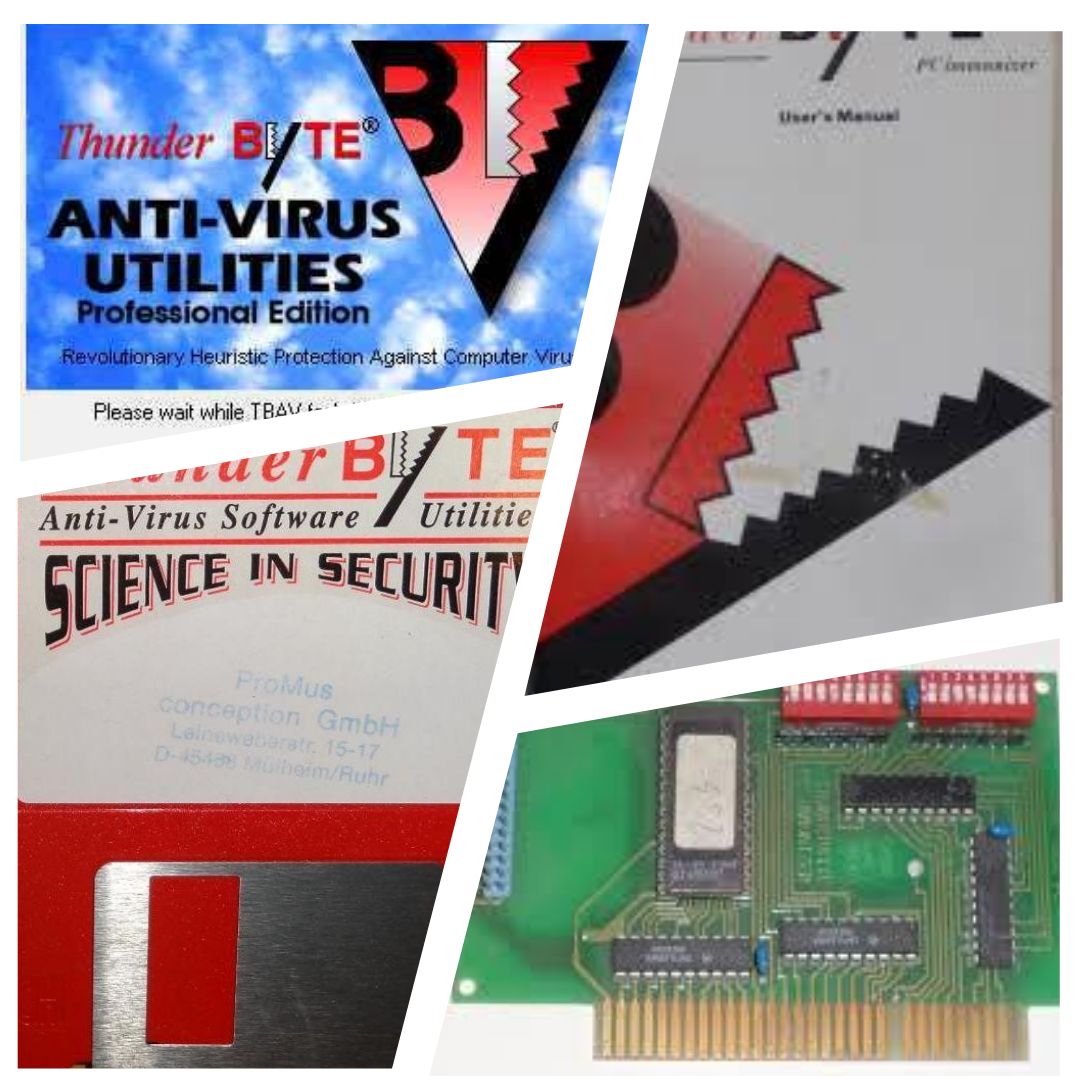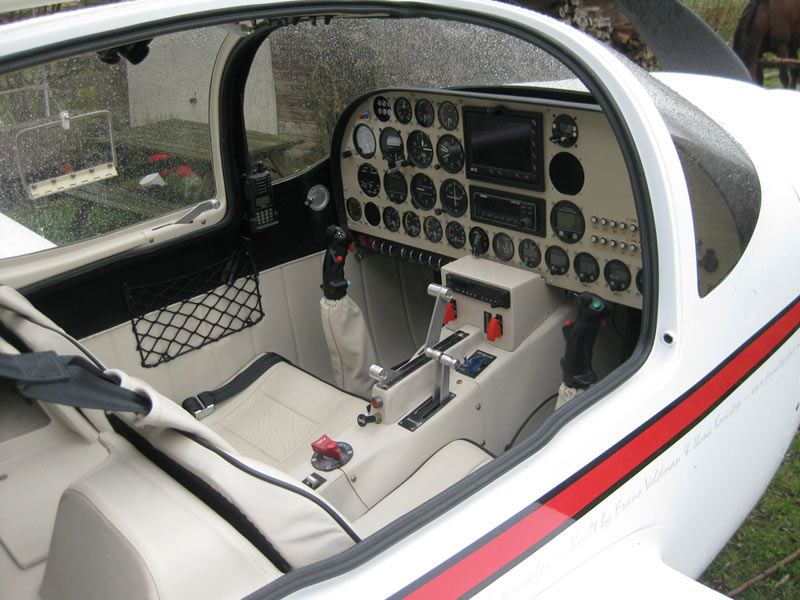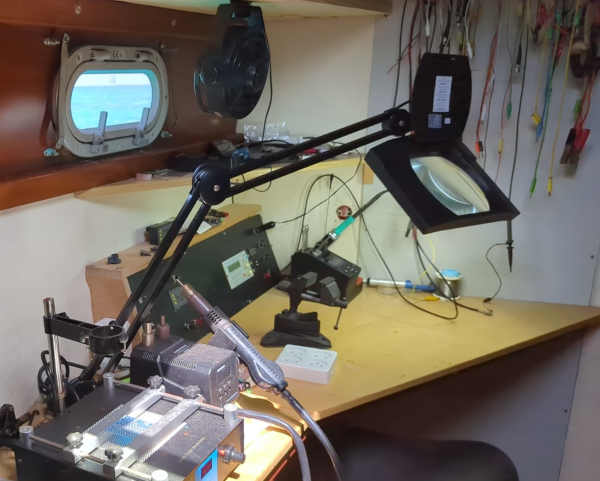This page is not intended as my biography. I just want to share some information relevant to my product line so you have an idea about my relevant skills and knowledge.
Thunderbyte Anti Virus

Some 40 years ago, computer viruses started to become a problem. I quickly realized that to combat boot sector viruses, you are already too late once the computer has booted to detect and prevent contamination. The only solution would be to to monitor the boot process, and the only way to achieve this was with a ROM addition, but for that some hardware was required.
As a teenager electronics was a hobby, but I was earning money as a programmer in my early twenties. Using both fields of knowledge, I could cobble something together, the Thunderbyte Anti Virus IBM PC add-on card, which quickly became a world wide product.
I learned a lot about converting ideas into products, about product support, user interfaces, etc.
I later discovered that the overlapping knowledge of hardware and software is quite a niche, and it played a role in several developments in my later life.
Building an airplane
Building an airplane, the PH-DIY, taught me a lot about redundancy, to make everything as fool proof as possible, and low in energy consumption (if the alternator would give up the ghost, the tiny starter battery is the only thing left).

It also allowed me to build a lot of experience with navigation equipment, energy management systems (alternators and batteries) and various other systems.
This period also laid the foundation for my sailing life, as I could reuse my acquired knowledge about meteorology, navigation, but also my knowledge about redundancy and human factors.
Sailing
When I started to live full time on a sailing boat, I discovered that, despite the abundance of maritime product manufacturers, a lot of very useful electronic products where inadequate for their intended jobs or simply didn't exist at all.
Why did my boat not have light dimmers, so I could only choose between sitting in the dark or in a brightly lit room? In my house I had light dimmers everywhere, but didn't seem to exists for a boat? I quickly designed a DC light dimmer that would work reliably when operated with wet salty fingers. I kept instructing guests that they had to flush the toilet long enough so the hoses would stay clean, until I cobbled together the flush robot that flushed the hoses automatically 5 minutes after the last toilet activity. To mitigate the risk of fire, I had a valve on the propane tank that could be controlled by a switch, but the cooks always forget to turn the propane off after the meal was ready, so I built a timer to have it automatically switch off when it was left unattended for 30 minutes. I had a hot water heater with an on/off button, but I just wanted the heater to switch on automatically when the batteries where reasonable full, so I designed the hot water manager. I wanted the beverages fridge to shut down during the night and start up again as soon as the solar panels started working, so I built the Refrigerator Optimizer. The list kept growing.

I realized that, unlike the products of the mainstream maritime manufacturers, my "gadgets" where not born out of a marketing point of view, but out of necessity, that could only be discovered by actually living full time on a boat.
My appetite for designing and building stuff didn't go entirely unnoticed. Some friends asked me to duplicate some of my gadgets for them too. But hand building something with discrete components on a universal circuit board is fun for a prototype, but a time consuming and tedious process to repeat, so I after a few of these experiences I resorted to a manufacturing plant where you could simply upload a design and have them run a 5 pieces production batch. This also gave me the advantage that I could replace my hand built prototype with a properly assembled circuit board.
The whole thing progressed from there...
I don't have the ambition to set up a big company again, I just want to keep sailing, and earn my living while doing so. I'm not designing my products with the intention to make their production as cheap as possible, but just to make high quality products to be proud of. Together with the small production volume that makes them a bit more expensive than competitive products (if there any) but this is largely compensated by the absence of a retail network.
In the end, these products are designed by a sailor for sailors.